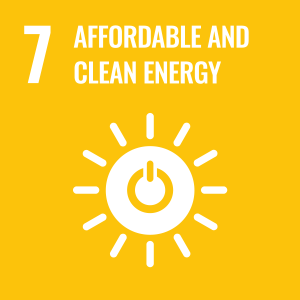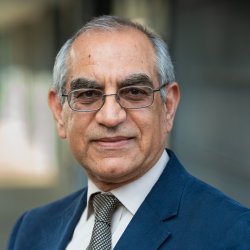Is the global industrial race being measured wrong?
For decades, the world has ranked nations by how competitive their industries are, but the measure used may be flawed. A new research project led by the University of Surrey suggests that the standard United Nations index used to judge countries’ manufacturing power can produce misleading results, with its simplistic weighting system masking true performance and unfairly favouring some economies over others.

The study, published in the Journal of the Operational Research Society, introduces a new model that redefines how countries’ industrial competitiveness is assessed. Rather than relying on subjective weightings, which can skew rankings, the team’s approach uses advanced data analysis to benchmark countries against realistic and comparable standards, providing a clearer picture of who is truly leading global manufacturing.
The researchers applied their new model to data from 153 countries for 2016 and 2021, focusing on key indicators such as manufacturing value, technological sophistication and share of world exports. The model captures differences that existing methods overlook, spotlighting which nations have made genuine industrial progress and which have benefited from outdated or overly generous scoring systems.
Professor Ali Emrouznejad, Director of the Centre for Business Analytics in Practice at the University of Surrey, who led this study, said:
“Our model challenges the way industrial competitiveness has been ranked for years. The current global index can reward countries for the wrong reasons. We’ve developed a way to measure industrial strength that reflects reality– accounting for technology, trade, and productivity in a balanced way. This allows governments to see their true performance and make well-informed policy decisions.”
The research also provides policymakers a new benchmarking tool that identifies where to target investment and innovation. The model balances optimism with realism, showing both how far countries have come and what is achievable next.
Prof Emrouznejad continued:
“By making competitiveness assessments fairer and more transparent, our study could reshape the way global institutions, including the UN and OECD, compare and support industrial growth.”
[ENDS]
Note to editors:
- For interviews with Professor Ali Emrouznejad or for further information, please contact: mediarelations@surrey.ac.uk
- The full study has been published in the Journal of the Operational Research Society
Related sustainable development goals





Media Contacts
External Communications and PR team
Phone: +44 (0)1483 684380 / 688914 / 684378
Email: mediarelations@surrey.ac.uk
Out of hours: +44 (0)7773 479911
